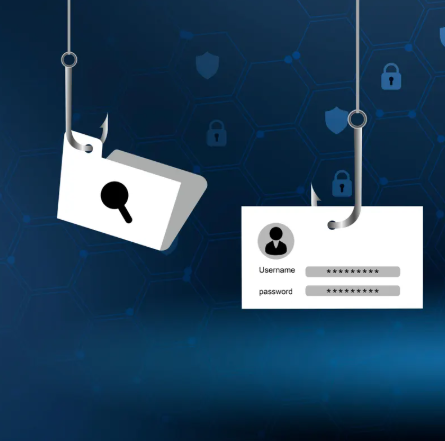
Cyberattacks are becoming increasingly fast and relentless, often originating from locations where your business has no presence or customers. One effective method for minimizing exposure is geo-blocking, which restricts or filters access to your network based on the geographic location of the user. The value of geo-blocking becomes especially clear when your network is under attack—allowing you to control the attack surface and potentially prevent further damage.
What is Geo-Blocking?
Geo-blocking uses IP address data to identify the physical location of a user. This allows businesses to decide whether to allow, restrict, or block access based on the geographic origin of the connection. This method is commonly employed to prevent unauthorized logins, reduce malicious traffic, and limit the chances of attackers exploiting network vulnerabilities from untrusted areas.
Did You Know?
Over 80% of cyberattacks targeting U.S.-based networks come from foreign countries—many of which do not even align with your business interests.
Key Benefits of Geo-Blocking During Cyberattacks
- Instant Reduction in Malicious Traffic
Geo-blocking immediately halts access from high-risk areas, reducing the volume of traffic that your security tools need to filter, analyze, or block. - Quicker Containment of Incidents
When an attack is happening, time is critical. Geo-blocking acts as a protective barrier, slowing the attacker’s progress and giving security teams the chance to respond and isolate the issue more effectively. - Smaller Attack Surface
By restricting access to trusted regions, you limit the number of potential entry points for attackers, particularly from areas where you have no business operations. - Stronger Protection for Remote Access
With remote work becoming more common, geo-blocking ensures that only trusted regions can access sensitive systems or VPNs, reducing the risk of unauthorized logins. - More Efficient Resource Allocation
By blocking traffic from irrelevant regions, your security systems can focus on actual threats, improving efficiency and saving on computing power, time, and bandwidth.
When Geo-Blocking Is Most Effective
- Region-Specific Operations
If your business operates in a specific country or region, there’s no need to allow access from other areas, particularly those known for cybercrime. - Industries at Higher Risk
Sectors like healthcare, finance, and government are often targeted by cybercriminals. Geo-blocking is especially beneficial in blocking traffic from high-risk foreign IP addresses. - During an Active Attack or High Alert
If your network is under attack or you’re on high alert, geo-blocking can temporarily restrict access from untrusted regions, allowing your team to focus on containing the threat.
Limitations and Considerations
- Blocking Legitimate Users
If you have customers, partners, or employees operating internationally, blanket geo-blocking may inadvertently block legitimate access. Consider creating exceptions or using additional verification steps. - VPN and Proxy Bypass
Threat actors can still mask their location using VPNs or compromised devices, meaning geo-blocking should be part of a broader security strategy rather than a standalone solution. - Not a Complete Solution
While geo-blocking is an important tool, it should complement a comprehensive cybersecurity plan, including endpoint protection, threat detection, multi-factor authentication, and employee training.






























































